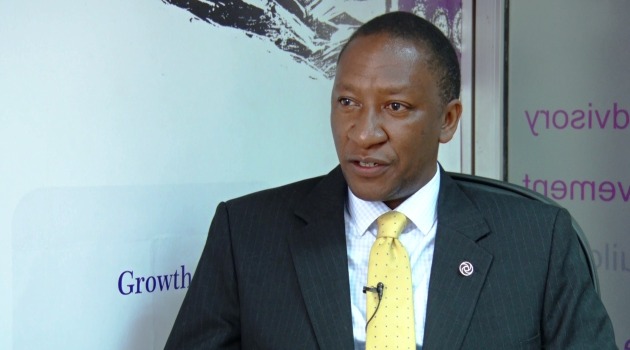NAIROBI, Kenya, Jun 13 – Kenya needs to re-calibrate its budget priorities if current plans to reduce budget deficit to 3 per cent of the Gross Domestic Product (GDP) in the medium term are to materialize, according to a tax expert.
The 2019/20 financial year budget due to be tabled in the National Assembly by National Treasury Cabinet Secretary Henry Rotich, Thursday 13, is set to lower the budget deficit to 5.6 per cent of GDP, a 0.7 per cent decline compared to the 2018/19 financial year’s budget shortfall of 6.3 per cent.
The progressive reduction of budget deficit would, however, according to Samuel Mwaura, a Tax and Finance Consultant with Grant Thornton Kenya, require the formulation of a clear policy by the National Treasury to tame reliance on debt.
“They’re not coming up with a clear methodology on how they are going to attain the 3 per cent. The way things are going we can only see more borrowing as we go forward,” Mwaura told Capital Business in a pre-budget, even as Kenyans were warned to prepare for tough times ahead.
He said the implementation of the Big Four Agenda would require huge investments whose funding cannot be secured through locally generated revenues alone which according to budget estimates for the 2019/20 financial year tabled in the National Assembly last Tuesday are projected to reach Sh2.1 trillion as against a Sh3.02 trillion budget.
Mwaura said the government should consider halting the implementation of capital-intensive development projects under President Uhuru Kenyatta’s Big Four development agenda in order to cushion the nation against debt uptake.
“The reason why our budget is thoroughly inflated is because of political ambitions and promises made which the government feels obligated to meet. It is good to come out and say it is not possible; the economy cannot allow us to do all these projects,” he explained, noting that a Sh2 trillion budget would be within the country’s ability to finance.
Mwaura emphasized the need to finance budget deficit primarily through external borrowing to cushion the public from reduced access to loans with commercial banks often opting to lend the government at the expense of individual borrowers.
2019/20 budget estimates put the percentage of funds to be borrowed from the local market at 47 per cent against 53 per cent of debt set to be financed through external sources.
“External borrowing is the way to go. When the government concentrates on borrowing locally then it affects the capacity of local banks to lend to the common mwananchi because they (banks) are getting better returns from the government and assured returns for that matter,” he said.
The budget deficit for the 2019/20 financial year is estimated at Sh607.8 billion, Sh324.3 billion of which will be financed through external borrowing while Sh 289.2 billion will be raised through domestic borrowing.



































